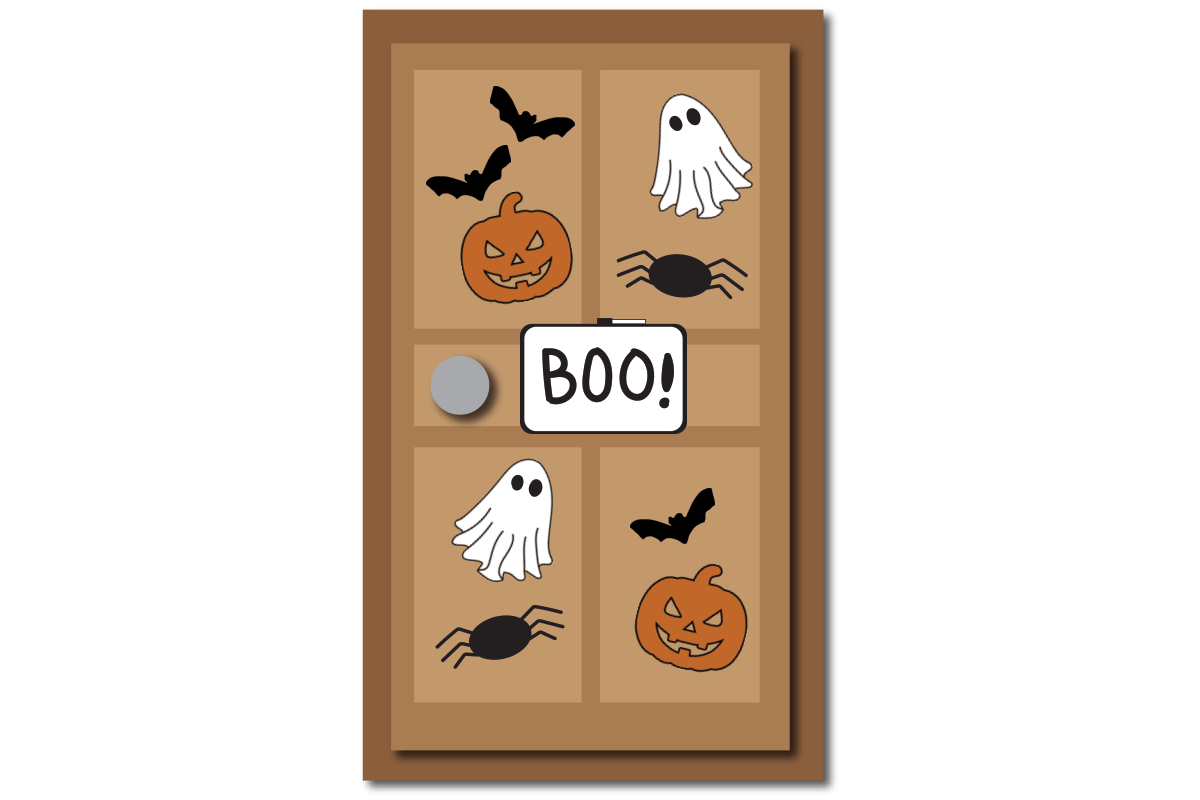Knuckles are white as you grasp the cool-toned, fluffy blanket, slowly peeking over at the flashing screen. Loud noises, screams and bam— a jump scare sends popcorn flying.
A staple experience everyone has to have in October.
Although Gen Z is known for their nonchalance and handling of emotions, Halloween provides a safe environment for them to express their strong feelings.
Horror, thrillers, film, and gore are alternate realities and are ultimately forms of escapism. In other months, this can also be seen in a multitude of genres in the media, but in October, all that goes out the window.
Story continues below advertisement
As young people are gearing up for Halloween, they let their love for horror run wild. It’s a craze dominating social media, with every scroll being people expressing their love for horror.The reasons why can vary.
One of the primary reasons for the rise of self-branding is aesthetics. Dark, gothic, vintage and evocative aesthetics have been trending since the significant social shift to alternative styles over the last half-decade.
As a society, we have backed away from the alternative corner of the world, but many people have found their own niches through the pipeline. From self-expression to simply enjoying the color palette, a community has been built for millions of people.
To be integrated into the culture, one can do so through music and fashion. The most notable musical genres are horrorcore, death rock and alternative, with a Victorian silhouette and dark vampiric tones integrated, spikes, studs, and belts, and engaging with film and literature.
These are all core elements that scream horror!
In the late 18th century, the British gothic novel came to be, but the genre wasn’t solidified in American culture until the 1930s, with the release of “Dracula” and “Frankenstein” paving the way.
With Gen Z’s instability and deep weariness with political, economic, and climate concerns, it can feel like a relief when tapping into these fears and embracing them.
Although self-expression and reflection are important, they might cause some social terror. Desensitization is a process of becoming less reactive to specific phobias, fears and emotional triggers. When it comes to gore being so prominent in horror, the commonality of desensitization can become a social problem.
Given the state of the world, we want people to still be shocked and scared by crimes and the harsh realities shared through this genre. Because, without a reaction, there will be fewer calls to action and overall care for change.
Although it is essential to know that not all lovers of witches and vampires have become desensitized, horror is inherently politically charged, with the screen acting as a mirror of the viewer’s fears.
Frankenstein is an example of this, as it serves as a commentary on the fears surrounding unchecked scientific processes during the Industrial Revolution.
The community that comes with subcultures makes the world go round, and if you’re looking for a way to mingle with those who love a chill running through their bones, investigate the several organizations that tap into these themes at FGCU.

